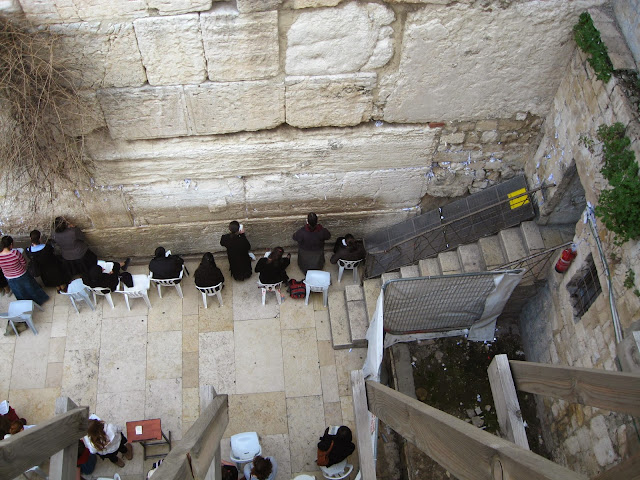 |
| Sharing a meal with Michael and Cliff, in central Kenya (photo by Al W.) |
I pray because prayer works. If I thought prayer didn't work, I would not waste my time praying.
I learned that and how prayer works by actually praying, a lot. To pray is to be in relationship with God. Deep interpersonal relationships communicate, a lot.
Prayer "works." What does this mean? As I see it, from engaging in hours of weekly praying for the past 36 years (since 1977, at least)....
- Praying brings me into relationship with God, experientially. I meet with God, in prayer.
- I experience and sense the presence of God, with me. This is important because experience, not theory, breeds conviction.
- I engage and co-partner with God in God's redemptive mission. I experience God's guiding hand, and can empirically corroborate this.
- I have seen many, many things happen and change as a result of praying. I have 3000+ journal pages as a testimony to this. (BTW - I reject a B.F. Skinnerian philosophical naturalism that attempts to "reduce all mystery to knowledge.") I can make a case for the causal efficacy of praying as co-laboring with God.
- A life of praying recalibrates, daily, my heart to the heart of God.
- A life of praying has changed me. For the better, I believe. Note: for the Christian theist "better" is understood in terms of the "best" that is Jesus.
- A life of praying renders me less anxious and fearful and feeling alone. Again, this is a palpable, existential, living reality.
Prayer changes things and prayer changes me. Therefore I pray.
The 4th-century theologian John Chrysostom, in a moment of joyful realization and remembering, wrote:
"The potency of prayer hath subdued the strength of fire; it hath bridled the rage of lions, hushed anarchy to rest, extinguished wars, appeased the elements, expelled demons, burst the chains of death, expanded the gates of heaven, assuaged diseases, repelled frauds, rescued cities from destruction, stayed the sun in its course, and arrested the progress of the thunderbolt. Prayer is an all-efficient panoply, a treasure undiminished, a mine which is never exhausted, a sky unobscured by clouds, a heaven unruffled by the storm. It is the root, the fountain, the mother of a thousand blessings." (Thank you P.H. for sending me this.)
I'm going to get alone today and meet with God. And pray.


























